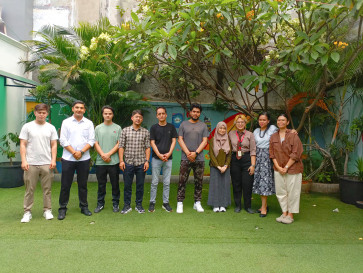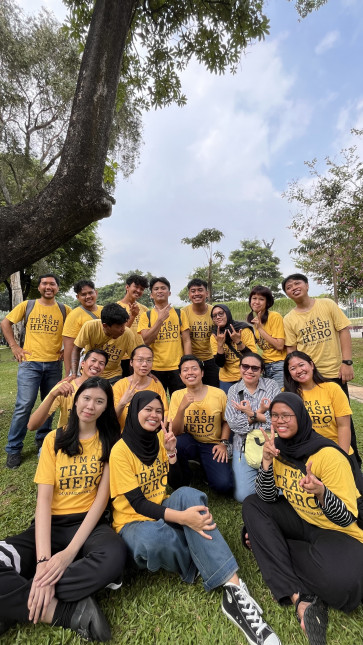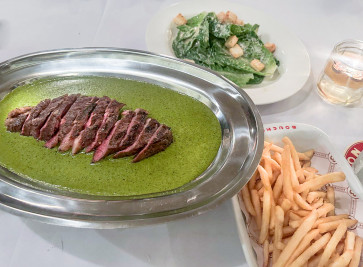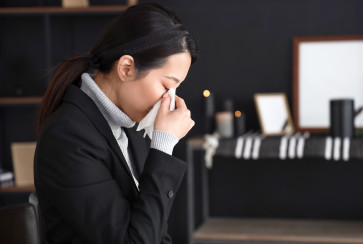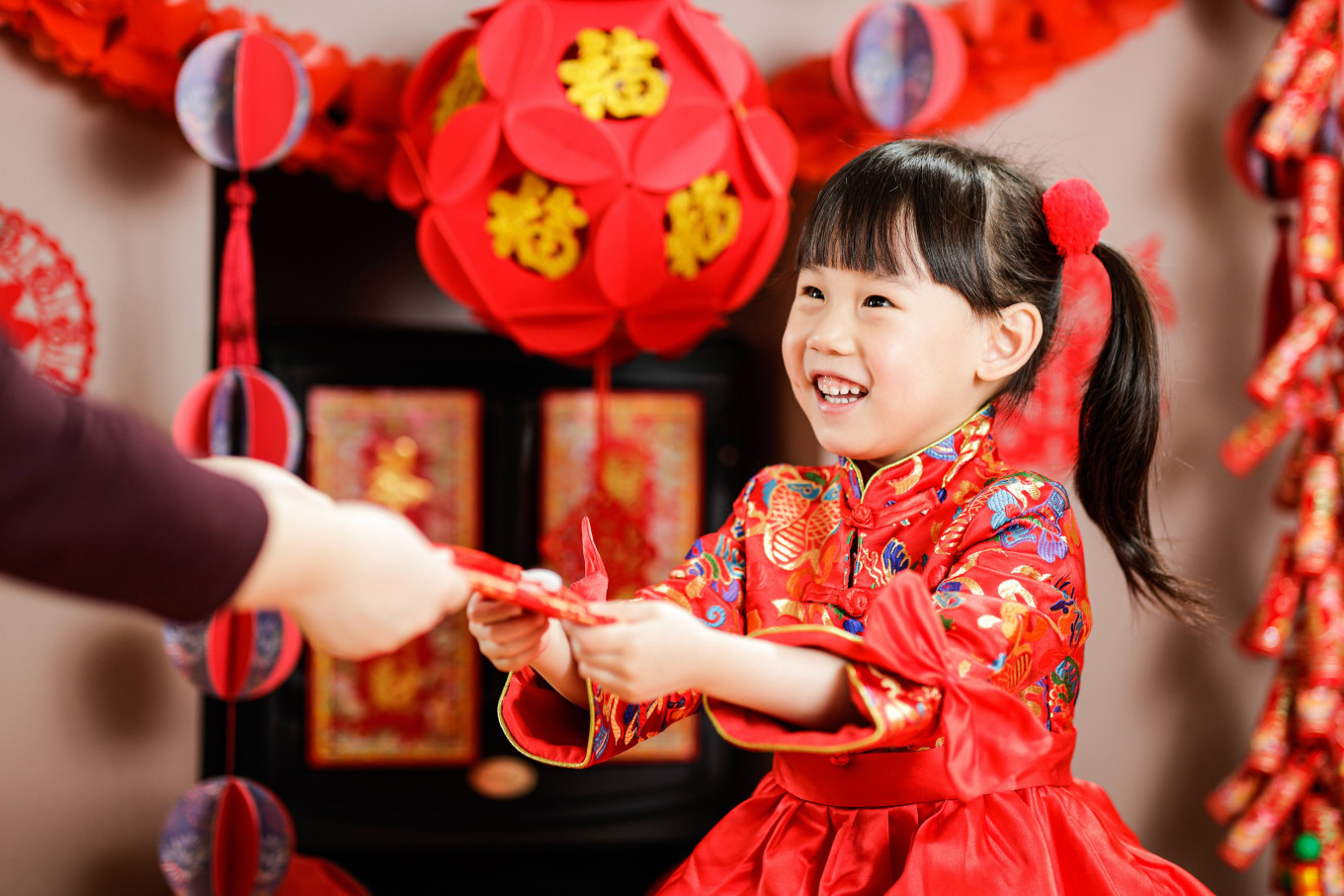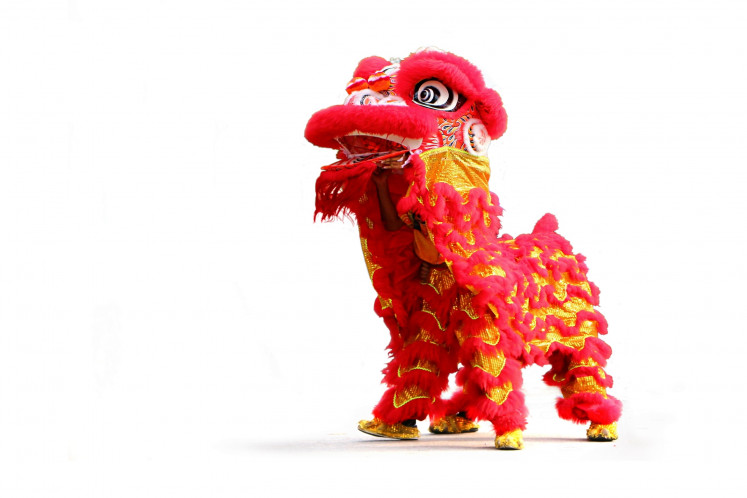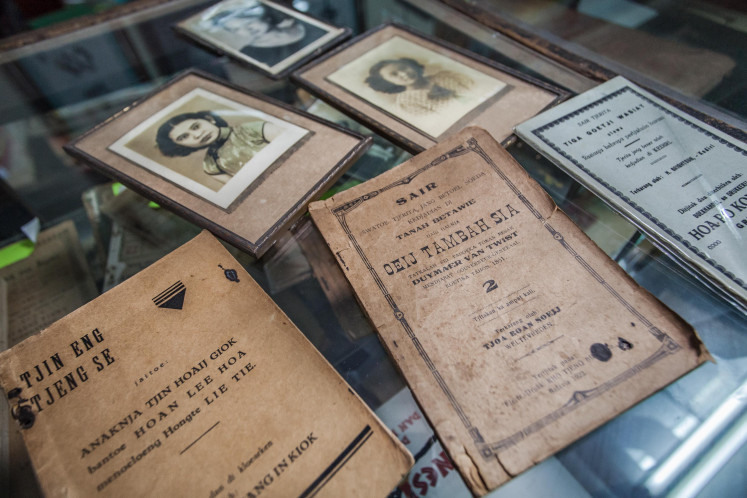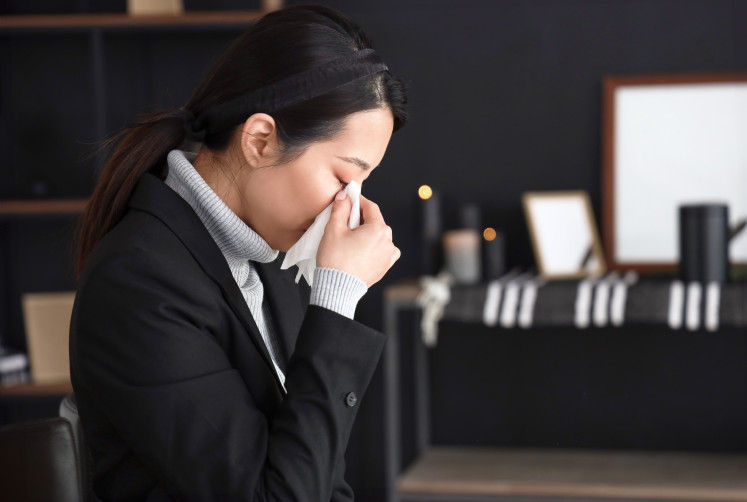“Never tell people you are Chinese. You’re just Indonesian,” my grandmother always reminds me.
At first, I didn’t understand why she kept saying this; I assumed it was a remnant of her traumatic past. She was among those who had to change her name and her birth certificate in 1965 to be “Indonesianized”, stripping her identity in the process.
Despite this, we wholeheartedly celebrate Chinese New Year each year. We have the orange trees, the chaotic family reunions and, yes, the extra pocket money.
Yet, as I anticipate the hongbao (cash gift in a red envelope) I’ll receive this year, I realize I’ve always dismissed the fact that my father’s family is of Chinese descent. I never felt worthy to be called Chinese Indonesian, unlike my friends who can speak the dialects of their grandparents.
According to AncestryDNA, I am 32 percent Southern Chinese. But is that enough to allow me to call myself Chinese? Am I allowed to celebrate Chinese New Year even if I don’t consider myself Chinese?
Repression

Thank you!
For signing up to our newsletter.
Please check your email for your newsletter subscription.
“In Jakarta, parents used to be afraid to teach children their dialects because [the city] was the center of discrimination,” explains Candra Jap, the secretary general of the Chinese Indonesian Association (INTI), which was founded in 1999 to combat systemic discrimination toward Chinese Indonesians.
“Parents were very protective of their children to the point that they wanted to eliminate ‘Chineseness’ in them.”
In the past, those of Chinese descent were subjected to higher school tuition fees. They were required to file for a Citizenship Certificate of the Republic of Indonesia (SBKRI) when they turned 17. Most had to change their Chinese surname to sound more “native”.
“As young Chinese Indonesians, we should be grateful for Chinese New Year [celebrations]. Before, it was not allowed. We had to skip school to celebrate because it wasn’t a public holiday,” Candra adds.
Lunar New Year was only established as a national holiday by President Abdurrahman “Gus Dur” Wahid in 2001, during the reformation era. Prior to that, any activities celebrating the holiday were done clandestinely.
“It seems that today's children have lost these [practices] or forgotten their meanings." - Candra Jap
That was because, in 1967, President Soeharto issued a presidential decree prohibiting the development of Chinese cultural customs, says Eric Fernando, the deputy secretary general of the Indonesian Chinese Social Clan Association (PSMTI) and executive director of the Indonesian Buddhist Intellectuals Association (KCBI).
When Chinese lion dances were eventually allowed to appear, it was “only in the scope of a monastery or temple”, Eric recalls.
Acculturation
After Gus Dur’s declaration, it’s now more than common, expected even, to see red decor all over malls, Cheongsam-inspired clothing on mannequin displays and Chinese songs blaring in department stores during Chinese New Year.
. (Shutterstock)
We also see performances of the Chinese lion dance, barongsai, in the lobbies of the biggest buildings in Jakarta, which draw huge crowds.
These are the scenes that we, as young Jakartans, grew up with. Most people my age couldn’t remember a time when this wasn’t the norm during Lunar New Year.
“There are two points of view on Chinese New Year. First, the religious point of view, where the government recognizes it as a religious holiday. The second is from people who see it as a cultural holiday, where we continue the tradition,” Eric explains.
“Ahead of Chinese New Year, we pray to the gods and Buddha. We make food offerings at their altars at the statues or sculptures of the gods. Then on New Year's Eve, we gather with family,” he says of his ritual as a practicing Confucian.
Those who have converted from Confucianism have left behind the ceremonial parts of the celebration and instead focus more on the cultural aspects.
While it’s no longer rare to celebrate Chinese New Year, the values around it have changed over the years. Growing up in a largely Chinese community in Glodok, Candra says he has witnessed this.
Taking a bath in the middle of the night on New Year’s Eve, getting a haircut before the new year and the unacceptable act of sweeping the house during the first three days are all common Chinese New Year practices drilled into our minds.
But among the younger generations, these customs are now more commonly attributed to old wives’ tales. In truth, there is an ancient philosophy behind each practice.
“It seems that today's children have lost these [practices] or forgotten their meanings. It’s either their families don't do them, or they chose not to because it’s too complicated,” Candra says.
“The problem is not that something is missing, but that there is indeed a choice not to do them.”
The Indonesian of it all
For most, this cultural assimilation may be a simple portrayal of Indonesia’s Bhinneka Tunggal Ika motto (unity in diversity). Yet, according to Azmi Abubakar, Chinese New Year was celebrated long before Indonesia was a country, dating back to 1850.
Having lived through a dark chapter of the country, Azmi wants to eradicate the stigma that stems from the belief that Chinese Indonesians are foreigners. Thus, the alienation of the Chinese diaspora was born out of a lack of understanding.
“I think the events of May 1998 didn't need to happen if, at that time, people knew that Chinese people were no different from other ethnic groups,” Azmi says.
“There is also a part of the nation's history from the Chinese ethnic group that has been lost all this time.”
In response to the limited information and misconceptions about the culture and the history of Chinese ethnic groups in Indonesia, Azmi opened Museum Pustaka Peranakan Tionghoa, or Chinese Peranakan Library Museum, in 2011.
He aims to preserve Chinese heritage in Indonesia for a wider community.
Display of historical documents at the Chinese Peranakan Library Museum. (JP/Okky Ardya)
“During Chinese New Year, we could tell stories about the military and physical struggles of the Chinese people against the Dutch and the Japanese in the past in various regions [in Indonesia].”
According to Azmi, Chinese New Year is one of the important celebrations for the Indonesian people, not exclusively for those of Chinese descent.
Reclaiming our culture
For Rudy Saputra, 38, continuing these practices and traditions is a form of respect for his ancestors.
“While I may not strictly adhere to all the traditional practices, I believe in their significance. I still avoid sweeping the floor during the first two days of the new year, as it is a superstition that has been passed down through generations. It’s important for me to respect our elders and ancestors during this time,” he explains.
Lunar New Year remains a special celebration for Rudy and his family to strengthen their bonds and honor their heritage.
Celebrating Chinese New Year means upholding cultural beliefs and cherishing those who came before us.
For me, while the unbridled joy of earning extra pocket money or hongbao has faded a little, I’ve now realized the real value lies in reconnecting with my family and appreciating the small part of me that identifies as Chinese Indonesian.
I now understand why my grandmother insists on not identifying as Chinese Indonesian. It was how she endured during the Japanese occupation and the “red scare” incidents in Indonesia’s early days.
I also know that the country I live in today is not the same as the one she grew up in. Indonesia today celebrates the amalgamation of all cultural traditions and backgrounds. Maybe that’s how we can heal the generational trauma together and move forward.
Most importantly, the celebration of Chinese New Year is not restricted to those who identify as a Chinese descendant. It’s a national holiday for all. Yes, even for those who carry less than 32 percent of Chinese DNA.
Sheena Suparman is a writer for The Jakarta Post's Creative Desk. She is based in Jakarta but wishes she could be anywhere else. She’s usually powered by coffee, chips and cheeseburgers.






